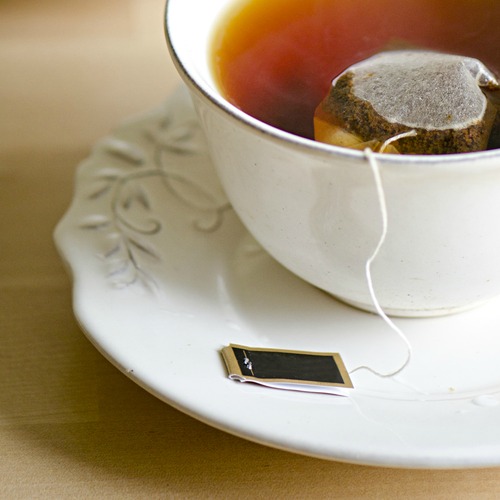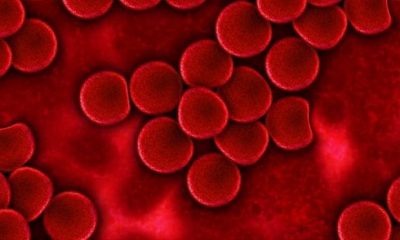People often tout the health benefits of drinking green tea, but what about other kinds of teas? A team of researchers has now found that drinking black tea may actually help lower one’s mortality risk.
Tea is said to be the “most widely consumed beverage in the world,” second only to water. Even in the U.S., where one might think coffee is the king of beverages, people drank 3.8 billion gallons of tea in 2019 alone, 84% of which was black tea.
For their new study, published in the journal Annals of Internal Medicine, a team of researchers looked at the association between tea consumption and mortality risk.
“Tea is frequently consumed worldwide, but the association of tea drinking with mortality risk remains inconclusive in populations where black tea is the main type consumed,” they wrote.
To find out, the researchers looked at the U.K. Biobank data of 498,043 men and women aged 40 to 69 years who completed a questionnaire from 2006 to 2010. Among the participants, 85% said they regularly drank tea, the American College of Physicians (ACP) noted in a news release. And 85% of the tea-drinkers said they drank black tea.
The researchers measured the participants’ self-reported tea intake, as well as mortality from all causes and leading causes of death such as cardiovascular disease (CVD), cancer and respiratory disease.
They also looked at factors such as the temperature of the tea, the common additives that people used such as milk and sugar, and the genetic variants that influence people’s caffeine metabolism.
In an 11.2-year follow-up study, the researchers found that those who consumed higher tea intake had lower mortality risks, with those who drank two or more cups of tea per day having a 9-13% lower mortality risk compared to those who didn’t drink tea.
“Inverse associations were seen for mortality from all CVD, ischemic heart disease, and stroke,” the researchers wrote.
They observed this association “regardless” of the genetic variation in caffeine metabolism, their preferred tea temperature, whether they added milk or sugar, and evn if they drank coffee too.
Researchers said this suggests that “tea, even at higher levels of intake, can be part of a healthy diet.”
















